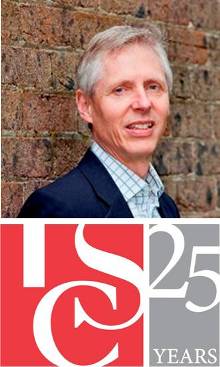So are they going to be able to do about it? English Heritage currently generates 25% of its’ income from commercial activities mostly at their 400 historic sites and properties, and they are going to have to look to ways to expand these. I am indebted to my colleague Sarah Jane Rennie of the Museums and Galleries NSW for drawing my attention to some of the other proactive ways in which the sector is looking to help. Sarah Jane has recently been in Scotland and came across a toolkit that Museums Galleries Scotland recently released to guide museums and galleries practitioners through times of drastic funding cuts, Choices for Change. It is aimed at local council museums that need to look at alternative ways of governance and operation to survive, and will have resonance with similar organisations in Australia.
And at another level, there is an interesting article in the latest Museum Practice on how to make loans more economically sustainable, which also has the advantage of their being more environmentally sustainable. Where this is coming from is that loans per se are expensive, and that therefore as the budget cuts hit so loans will fall, as loaning institutions attempt to recover the full cost of making loans (typically an administration fee is charged which in reality does not cover the full costs). The UK Museums Association is reviewing its key principles for loans through its Smarter Loans initiative. This is aimed at reducing costs in areas such as packing and transport by adopting a ‘common sense’ attitude. Not sure what that means but it always sounds like an excellent idea to me.
What I like about this review also is that it is helping to feed into the work that the Eu EGOR group (Environmental Guidelines Opportunities and Risks) are undertaking in looking at how environmental guidelines can be relaxed within certain parameters. This of course has a direct effect on energy costs which are typically 70% of a museum’s costs after salaries have been paid. And that is going to help lead worldwide to a new approach to environmental guidelines. AICCM has currently a taskforce in place which I am chairing to look at exactly that issue, the fundamentals as articulated by the National Museums Directors’ Conference guiding principles for reducing carbon footprints being:
- Environmental standards to become intelligent and better tailored to needs. No longer use blanket conditions for entire buildings
- Care of collections should not assume air conditioning
- Natural and sustainable environmental controls to be explored and exploited
- New or renovated museum buildings should aim to reduce carbon footprint as their primary objective
Julian Bickersteth
Managing Director
internationalconservationservices




No comments:
Post a Comment